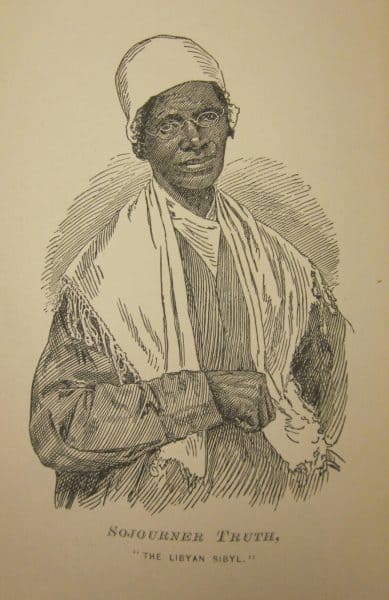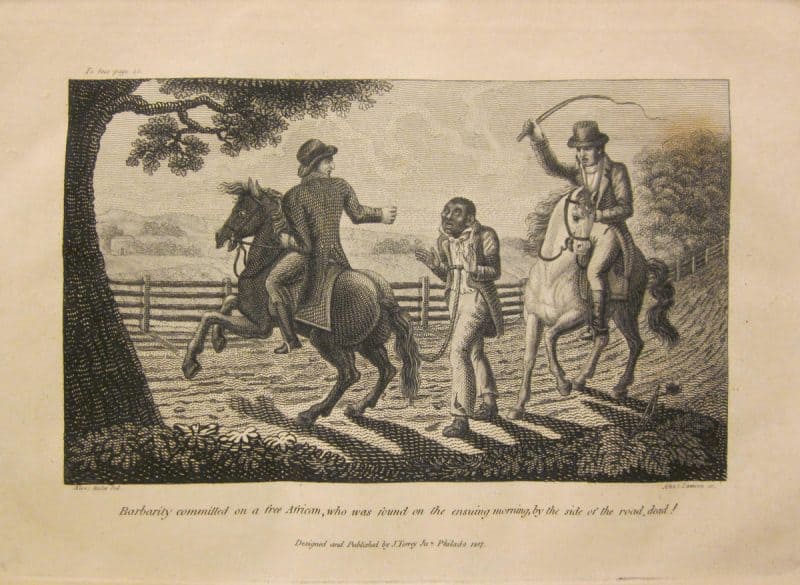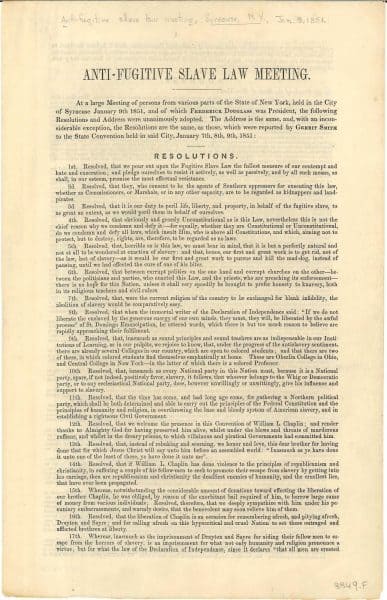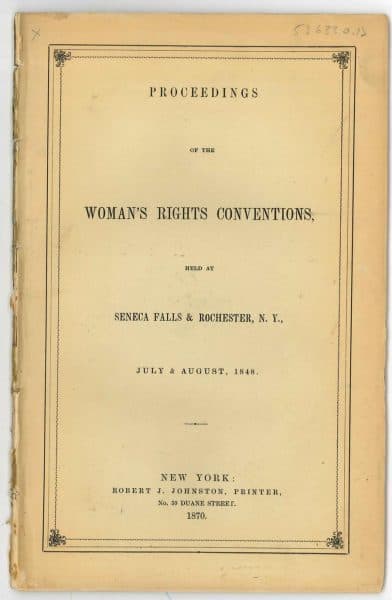Riddle of Independence: Independent but not Free

Frontispiece from Narrative of Sojourner Truth. Boston, 1875.

Illustration from Jesse Torrey, A Portraiture of Domestic Slavery in the United States. Philadelphia: Jesse Torrey, 1817.

Anti-Fugitive Slave Law Meeting. Syracuse, New York, 1851.

Proceedings of the Woman’s Rights Conventions, Held at Seneca Falls & Rochester, N.Y., July & August, 1848. New York: Robert J. Johnston, 1870.
2015 Mellon Scholars Interns
1314 Locust St., Philadelphia, PA 19107
TEL 215-546-3181 FAX 215-546-5167
http://www.librarycompany.org

Leave a Reply
Want to join the discussion?Feel free to contribute!